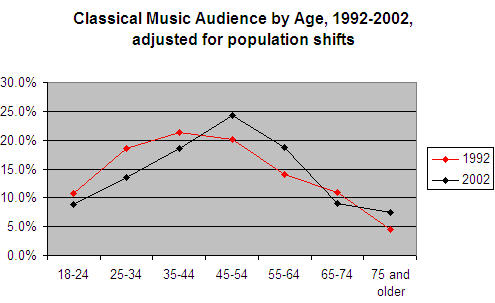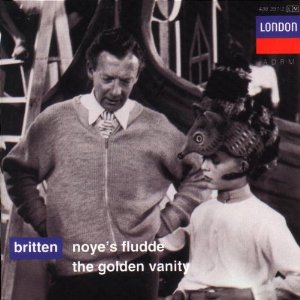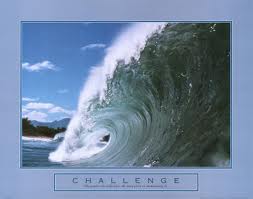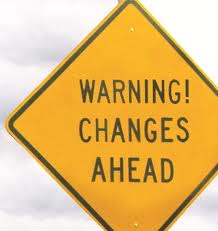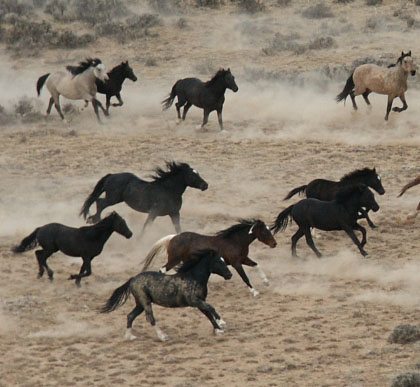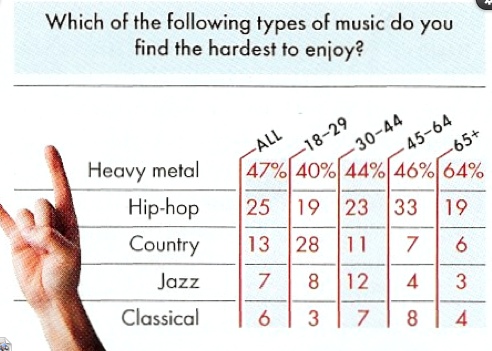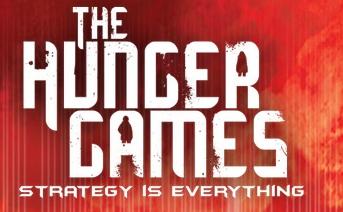Well, proof is a strong word. But I'd think that the aging of the classical music audience -- over just about a 50-year period -- is a very strong sign that our culture has shifted. And shifted away from classical music. But first a step backward. I'm writing more posts in my current series than I expected to. So to get reoriented: My main thesis is that building a new, young audience for classical music ought to be our most urgent priority. Why? Because we're losing the audience we have, and there will never be another audience -- or at least … [Read more...]
Building a young audience (more on the culture change)
There's a quite a lot to read on the changes in our culture, the ones I've been saying that leave classical music behind. For instance: The section on nightlife from Richard Florida's well-known book, The Rise of the Creative Class. Florida describes people whom he thinks are central to any city's economic growth, young, smart, curious, creative people, the people corporations would most like to hire. Florida's thesis about how crucial to economic growth they are has been disputed, but his description of them sounds exactly right to … [Read more...]
Building a young audience (more on new music)
I know that much that I'm saying is hard for some people to accept. And I sympathize. Change can be difficult. Major change can be more difficult still. And fundamental change -- radical change -- can be wrenching. So when I say that the repertoire classical musicians play will have to change, I can see why many of us might be upset. I'm thinking now of people deeply engaged with classical music as it is now. We all -- I'm very much including me in this group -- got into classical music because we loved it. And what that meant, … [Read more...]
Building a young audience (second part)
Back in the '90s, I was music editor of Entertainment Weekly, which meant I was plunged into pop music. I had a girlfriend who worked at the magazine, someone with no classical music background, and also without any fancy taste in pop music (which I don't mean as any kind of criticism). She listened to what everyone else like her listened to. No art rock, no challenging indie bands. One Sunday morning, we were at my apartment, and she asked if I'd put on some classical music. So I put on something Baroque, maybe Handel's Water Music. She … [Read more...]
Doing it
(Writing this on Tuesday night.) Because I have the first session of my next branding workshop tomorrow, I won't have time to write the next installment of my posts about how to build a young audience. Which would be -- will be -- about how the repertoire we play needs to change. But here's an addition to yesterday's post about making people feel excited and involved. It's an email I and many others got from Anastasia Tsioulcas, about a project she's part of at NPR, where she works. It speaks for itself, so I'll just reprint it … [Read more...]
Building a young audience (first post)
So how do we build a young audience? Of course I need to offer ideas, first because I've said (and here, too) that building a young audience should be the highest priority for classical music. And, second, because I can help you do that, if you hire me as a consultant. So I need to show how I can help. To build a young audience, we need to do three things: (1) change the way we present classical music (2) change the repertoire we play, and (3) play better. I'm sure that last will be controversial! But let me address these points one by … [Read more...]
Why audience beats advocacy, every time
My last post got a bigger, happier response -- here, and on Twitter and Facebook -- than anything I've written in many months. So here's more. A quick summary of what I'm going to say: The classical music business loves to do advocacy (which we also see being done for the arts generally). Which means going out in the community and trying to show we're valuable. But if we filled our halls with an excited new audience, we'd have nothing to prove. And our future would be secure! So why isn't that our absolute highest priority? In my last post, … [Read more...]
The great change
In my last post, I said that classical music needs a huge change. And the change will have to be radical. Classical music needs to lose its sense of entitlement, the belief many of us in the classical music world have that classical music is supremely important, necessary for any civilized society, and therefore has to be supported -- financially, by our schools, and in many other ways. To see why I think this, go back a generation or two or three, let's say to the 1940s and '50s. Classical music, back then, had a working ecosystem. It was … [Read more...]
A wild time
It's a wild time for classical music. That's the headline on my home page. And it's the opening sentence of the revised and final version of my book. Why is this a wild time? First because of the classical music crisis -- declining ticket sales, a shortage of funding, an aging, shrinking audience, all these things we've talked about for so many years. And, of course, lying behind all that, there's the sense we've all had that classical music -- at least for the past generation -- has been growing more distant from the rest of our … [Read more...]
Branding workshop success
I've blogged a lot here about the online workshops on branding I was going to teach. But now the first one has happened, and it was an enormous success, more so than I'd ever dreamed. I worked with six people, from various walks of classical music life, and by the end of the third and last session, all of them felt they'd made enormous strides in their branding. I thought they did, too. It was heartening, for instance, to see someone with an impenetrable website emerge as a vibrant, irresistible musician and storyteller. And to see him (once … [Read more...]
Classical music is easy
Many of us think classical music is difficult, inherently difficult. That complexities of form and musical process aren't readily heard, without education in classical music, and that this is why people -- so many of them -- don't care to go to classical performances. But a survey conducted in March by 60 Minutes and Vanity Fair suggests otherwise. You can read the results in the June issue of the magazine, the one with Marilyn Monroe on the cover. (Look for page 56.) More than 900 people all over the US were asked which type of music they … [Read more...]
Marketing the Met — a real strategy
Maybe my last post -- about the new-audience strategy I don't think the Met Opera has -- looked a little theoretical. Or impractical. Or way out in left field. The Met's strategy, I said, evidently is to create buzz, and then hope the audience shows up. Instead, I said, they should go out and actively find their new audience, and then work overtime to keep the people they reach excited about what the Met does. Left field? Not at all. Just look at a New York Times story on the marketing campaign for the Hunger Games film! It's jaw-dropping. … [Read more...]
Four keys to the future
Here, as promised, are the key things we need to do, if we're going to give classical music a future. When I wrote this, I was thinking of people who present classical performances. But I think it applies to all of us — for instance, to people who write about classical music, for whom the last point might be rejiggered as "write vividly." But enough introduction. Here's my manifesto: We’re in a new era. To adapt to it, and build a new audience, here are four things you should do: Understand and respect the culture outside classical … [Read more...]

